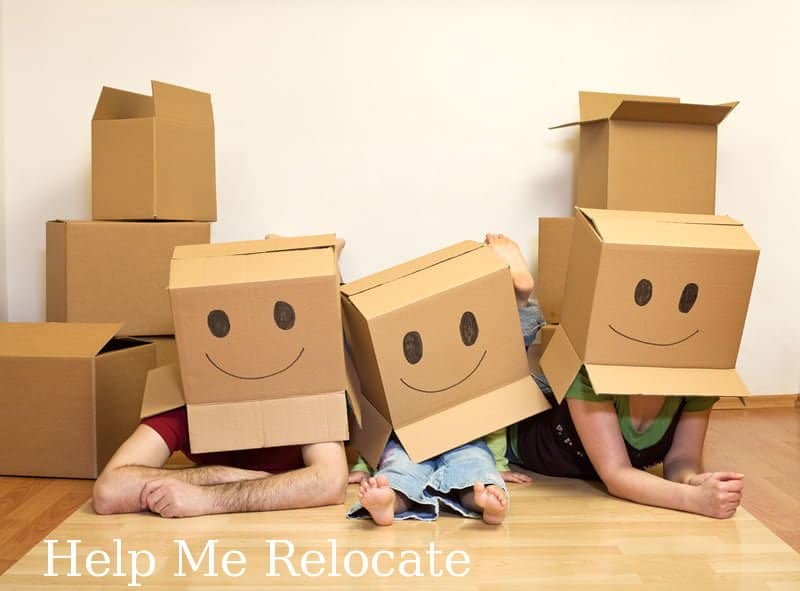It seemed like a slam dunk – naturally Florida voters would approve a new tax break. Who doesn’t want to save some money? That’s exactly what the Florida Legislature was banking on when it voted to place Amendment 1 on the 2018 ballot. The reason: develop a new homestead exemption for a property’s assessed value between $100,000 and $125,000.

Exactly why did Amendment 1, a new homestead exemption, fail?
As it happens the amendment was the only one out of 12 that didn’t achieve the required 60-percent approval for passage. Unofficial results as of Wednesday showed the amendment got 58.07 percent.
Why did Amendment 1 fail while others got significant support?
It’s not that other proposals had great merit. Amendment 10, as an example, is a confusing cluster of four proposals, which range from changing the beginning of the legislative session, to forcing some counties to elect their sheriff and tax collectors. The proposal received 63 percent of the votes.
Amendment 1 would have benefited fewer homeowners than most of the people probably imagined. It would likely have potentially raised taxes for property owners without a homestead exemption. Counties and municipalities likely would have cut services or raised taxes as a result of lost tax revenue.
Maybe voters had that in mind before going to the polls.
Or is this voter confusion?
Or maybe the reason is really a lot simpler: most voters don’t read the full amendment, often simply the title, and many could have been confused about Amendment 1, said Susan MacManus, an expert in Florida politics as well as a distinguished political science professor at University of South Florida.
Amendment 1’s title read: “Increased Homestead Property Tax Exemption.” Many people, especially those who don’t own homes, don’t know what a homestead exemption is (the tax break homeowners get on their primary residence), she told me.
If that was actually a factor, so was the deficiency of an prepared statewide campaign to pass the amendment. It seems the Republican-controlled Legislature assumed the words “tax” and “exemption” alone would make an impression on voters. The proposal was largely a political move by House Speaker Richard Corcoran, who was interested in run for governor when the Legislature approved it.
Local governments did their part
Local governments did an excellent job explaining the negative impact a new property tax exemption would have on their budgets: a $753 million revenue loss statewide in the first year. They told voters: we’ll either cut services or raise tax rates. The latter would have hit properties without a homestead exemption (commercial and rentals) the hardest, which is the reason many experts considered Amendment 1 a tax shift {that would|could possibly} have burdened non-homestead properties.
“I voted against Amendment 1 because I understand that Brevard County needs the money to fund its current programs including repairs to our roads,” wrote Vince Lamb, a member of the Indian River Lagoon Coalition. “I prefer not having tax increases, but I am okay with keeping rates the same.”
“I thought about voting for amendment 1 since I have just become a homeowner,” wrote Steven Heisler, who ran unsuccessfully for the Titusville City Council. “But the exemption would not apply to my house.”
Heisler brings up a good point: 71 percent of Florida families would not have benefited from the exemption, according to Florida Tax Watch, a government watchdog organization that opposed the measure. That’s largely because the amendment doesn’t apply to people who rent, non-homestead properties and homestead properties whose assessed value is less than $100,000. The assessed value, used for tax purposes, is often much lower than the market value. That’s largely because Florida caps the annual increase of assessed values for longtime homeowners.
Across Florida, 57% of homestead properties will have qualified for the new exemption one under Amendment 1. In Brevard County, 60% would have qualified.
Have a questions or concern? Nick, Cindy & Nicholas Davis with RE/MAX Premier Group are here to assist you with all your Real Estate Needs. We are always available at 813-300-7116 to answer your questions or you can simply click here and we will be in touch with you shortly.





